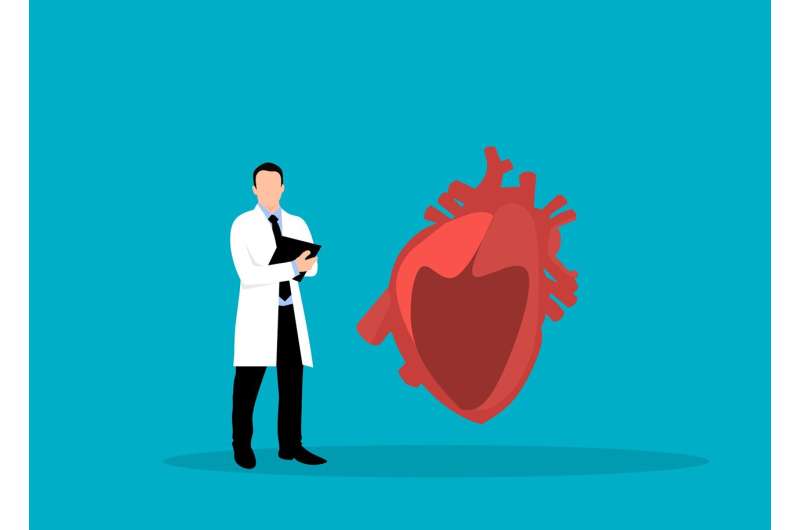Understanding Heart Attack Symptoms: Beyond Hollywood's Dramatic Portrayals

Many heart attack symptoms are subtle and mild, often misunderstood due to Hollywood's exaggerated portrayals. Recognizing these signs can save lives, according to recent research.
Hollywood's depiction of heart attacks often involves someone clutching their chest and collapsing suddenly, creating a vivid and intense image. However, recent research highlights that these dramatized portrayals do not accurately reflect real-life symptoms. According to Ann Eckhardt, a nursing professor at the University of Texas at Arlington, many individuals experience less obvious and more subtle signs of a heart attack.
Dr. Eckhardt explained that the popularized “Hollywood Heart Attack” is misleading, as many cases involve mild discomfort or pressure rather than sharp, dramatic pain. This misconception can cause delays in seeking medical help, which is risky because prolonged wait times increase the chance of severe or irreversible heart damage.
Her team is working to correct these misconceptions by studying public perceptions of chest pain through tools like the Chest Pain Conception Questionnaire. Surveys reveal that nearly 75% of people have obtained information about heart attacks from TV or movies, which often exaggerate the symptoms.
Most people do not experience the classic, intense symptoms traditionally associated with heart attacks. Instead, they may report feelings of discomfort, pressure, tightness, or squeezing. A common mistake is the assumption that men and women experience vastly different symptoms; however, research shows that chest-related symptoms are most common across genders, challenging earlier stereotypes.
Dr. Eckhardt emphasizes the importance of understanding these subtler signs. Recognizing early, mild symptoms and acting quickly can be life-saving. She recalls her grandfather’s experience with a heart attack, which sparked her passion for spreading accurate information about heart health.
Overall, the goal is to improve public knowledge and medical response to heart attack symptoms, ensuring individuals seek prompt care and avoid negative consequences. Accurate awareness of what a heart attack can feel like might save lives by encouraging faster medical intervention.
Source: MedicalXpress
Stay Updated with Mia's Feed
Get the latest health & wellness insights delivered straight to your inbox.
Related Articles
Brain's Central Switchboard: Neurons Function as Precise Movement 'Brakes'
New research uncovers how neurons in the brain's basal ganglia act as precise control switches, enabling fine-tuned movement regulation. This breakthrough enhances understanding of motor control and offers insights for treating disorders like Parkinson's disease.
Study Uses AI to Uncover Disparities in Amputation Rates Among Rural and Minoritized Populations
A new study employing AI uncovers the role of implicit bias in disparities of limb amputation rates among rural and minoritized populations with vascular disease, highlighting the need for equitable treatment guidelines.
Do Different Types of Hormone Therapy Influence Memory After Menopause?
Explore how different types of hormone therapy, including transdermal and oral estradiol, can influence memory and cognitive health in women after menopause based on recent research.
Fatal Measles Case in Canada: Infant Dies from Virus Contracted at Birth Due to Unvaccinated Mother
A tragic case in Canada highlights the dangers of measles, as an infant born prematurely from an unvaccinated mother succumbs to the virus amid rising outbreaks. Experts stress the importance of vaccination to prevent such tragedies.



